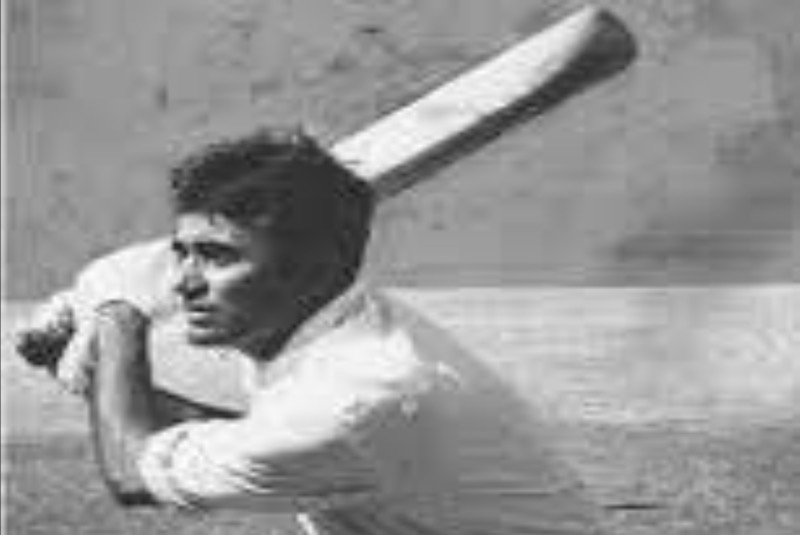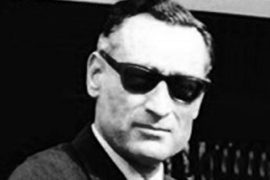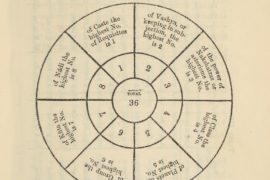There was nothing that he’d not do on the cricket field when in mood. He’d smash his way, when the chips were down, with the willow. He’d bowl a few unplayable deliveries and flummox the best batsmen in the business — without them knowing what transpired under their nose. He’d take a difficult catch with lazy intent and drop a ‘sitter’ — all in one action.
His name: Salim Aziz Durani, a legend in a league of his own and the first Indian Test cricketer born in Afghanistan. He was a household name — whose mercurial brilliance and phlegmatic disposition were the two sides of his handsome, matinee idol-centric, sartorial élan, also flamboyant persona.
When the radio ruled the roost, Indian cricketers, not to speak of overseas Test stars, were just as much adulated — the difference being of degree. There was no TV, yes, but one could connect to one’s own favourite players. In the mind. Also, heart.
Durani (December 11, 1934-April 2, 2023) was as much a part of this glorious spectacle as were ‘Tiger’ Pataudi, M L Jaisimha, and the magical spin quartet — E A S Prasanna, Srinivas Venkataraghavan, Bhagwat Chandrasekhar and Bishen Singh Bedi — among others, aside from the likes of Farokh Engineer, who could light up the cricketing arena, like the supernova, anywhere in the cricketing world, from Mumbai (then Bombay) to Melbourne and from Port of Spain to Christchurch.
Sobers Like
It was, indeed, a memorable day when I met Durani, during one Irani Cup fixture in Mumbai, 34 years ago. He was so gracious and kind to giving me time for a chat. I told him how I was, like other kids, of the 1960s, in awe of him. He smiled with a childlike countenance. The charming smile and the nostalgic twinkle in his eyes — so genuine, unvarnished, and riveting — still reside in my memory bank.
I also took the courage to touch upon a delicate point — a point that my maternal uncle had instilled in me. That what Sir Gary Sobers could do, Durani could just as well replicate — with the bat and ball. The tall, charismatic cricketer smiled, yet again. His response was straight and honest, “Perhaps; but, there’s a catch. I was far too distracted with things other than cricket. The huge adulation swayed the ground beneath my feet. If at all I was as focused as, maybe, some of our contemporary cricket stars, well, it’s certainly a possibility. It’s not that I was too laid back — but, on my day, there’s nothing that could stop me in my pursuit. I’d dictate the course of the game in my own right — score quickly, grab a vital wicket, or two, and ramp home to a celebration.”
Yes, like Sobers, Durani could reach out to the pitch of the ball — an off-spinner, for example, turning away from him, a left-hander — and, guiding it, with delicate panache, to its nirvana, the square leg boundary. He could also ‘time’ the ball, ever so effortlessly for a six, on demand, or when his mood would be in sync.
Cricket fans would fondly remember Durani’s lovely cameo (38) against Tony Lewis’ English side, during the Third Test at Madras (now Chennai), 1973, when the top order were in a shambles — and, spinner Pat Pocock gave us a big scare, just before we cantered home to victory (86 for 6). That Durani was injured, which was almost a dubious ‘norm’ with him, at one time, may well be passé — there was nothing like physical training, or biomechanical fitness programme, when Durani was at his peak. Most cricketers kept themselves fit playing cricket — while keeping their mind just as fit. Cricket is a sport played in the mind. You don’t need a wrestler’s rippling, muscular presence to ‘time,’ smack, or place, the ball with subtlety, albeit top-level physical fitness, as modern cricket espouses, would be more than handy, also indispensable, to going through the all-year-round, regular ‘grind’ of Test, one-day, and T20 cricket.
The Eternal Hero
Durani was the hero of India’s series triumph against England in 1961-62. He took 8 and 10 wickets in India’s Test wins at Calcutta (now Kolkata) and Madras, respectively. Come 1970-71, he would be dominant in India’s historic, first-ever Test series victory against the West Indies in the Caribbean. He grabbed two huge, also critical, wickets of Clive Lloyd and Sobers — a big promise fulfilled for the team.
Durani played for India in 29 Tests, innings 50, runs 1,202, average 25.04 (catches 14). He scored just one century — 104 against the West Indies in 1961-1962 — and, seven fifties. He played for Gujarat, Rajasthan and Saurashtra in first-class cricket. His stats: matches 170, innings 275, runs 8,545, 14 centuries (highest score 137 not out), 45 fifties, average: 33.37 (catches 144). Durani’s bowling record: Tests, 75 wickets, at 35.42. First-class: 484 wickets, at 26.09. He also had a distinctive camaraderie, or connect, with spectators and fans. To highlight one paradigm. They were distressed when he was dropped for the Kanpur Test, against England, in 1973. Their riposte, “No Durani. No Test,” replete with placards, posters, and catchphrases.
Durani was a special invitee during the historic India-Afghanistan Test match (2018). He appeared in B R Ishara’s Bollywood movie Charitra, opposite Parveen Babi (1973). The first cricketer to win the Arjuna Award (1961), Durani was also the recipient of the C K Nayudu Lifetime Achievement Award, instituted by the BCCI (2011).
Engineer’s Tribute
Notes Farokh Engineer, the legendary wicket-keeper and dazzling batsman, “Salim (Durani) was a dear friend, colleague, and fellow player, for several years. We were the best of friends too. He’s one of India’s finest all-rounders, but he was, in my view, grossly underrated. He was sometimes unfairly dropped, for no fault of his. The usual selectorial ‘wisdom,’ and more. He spoke to me in confidence, about what he felt. We were not just great friends, we were roommates and ‘partners in crime,’ along with ‘Tiger’ Pataudi and Jaisimha — all good, decent things, nothing else. Durani played like me, and vice versa. They called us flamboyant, but we played cricket hard. We enjoyed the game; we entertained. Entertainment through cricket was a dictum for us. Durani was called ‘Sixer King.’ He’d hit sixers at will — exactly where the noise, or ‘demand,’ emanated in the stadium. We revelled in hitting sixers. That he did not have more than one Test century is beside the point. Players like Durani cannot be gauged in terms of statistics. The manner, or mode, of Durani’s cricket was unique — an ornament that had but just one owner: Durani himself. Durani (and, I) believed in cricket as entertainment — we did it [played cricket] our way, as Frank Sinatra crooned.”
Adds Engineer, “Salim would come down from Jamnagar when he’d know I was in Mumbai. We would reminisce our halcyon cricketing days. I was fond of Salim Bhaiyya. We will miss him. It’s just sad that I’d not get to meet him for the last 2-3 years. Blame it on COVID-19. Yet another thing was Salim would tell me, when I’d invite him to come and stay with me, for some time, in England — that he sure will, and happily too. Unfortunately, he never came and spent time with me, for whatever reason. Sir Digvijaysinhji Ranjitsinhji Jadeja, the Maharaja Jam Sahib of Nawanagar — among others, including Raj Singh Dungarpur — was fond of Salim and me. The Jam Sahib’s personal affection for us, the wonderful support he gave us, in times of need, more so, when my mother passed away, are daintily etched in my memory. It is unforgettable.”
“If Salim and I would have played in IPL, we’d have sure lit up the sky with our fireworks — and, with our scintillating brand of cricket. We played entertaining cricket — much before one-day, or T20, cricket was even dreamt of. Salim will be remembered not just for his great exploits, especially the incredible victory in the Caribbean, but the mode in which he draped cricket with his exquisite brilliance and virtuosity.”
“Salim was too dear to me; my heart. I will miss him. RIP.”
-30-
Copyright©Madras Courier, All Rights Reserved. You may share using our article tools. Please don't cut articles from madrascourier.com and redistribute by email, post to the web, mobile phone or social media.Please send in your feed back and comments to editor@madrascourier.com











